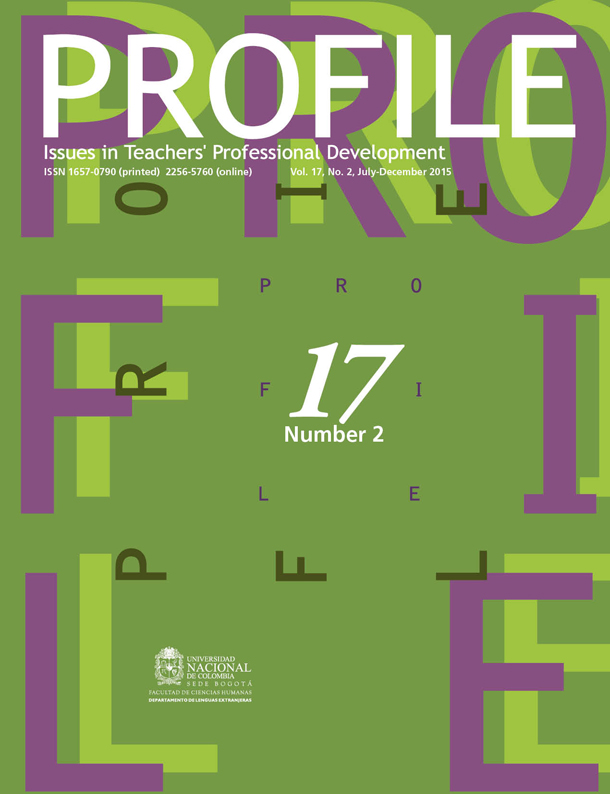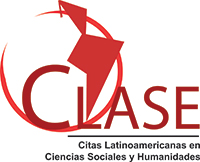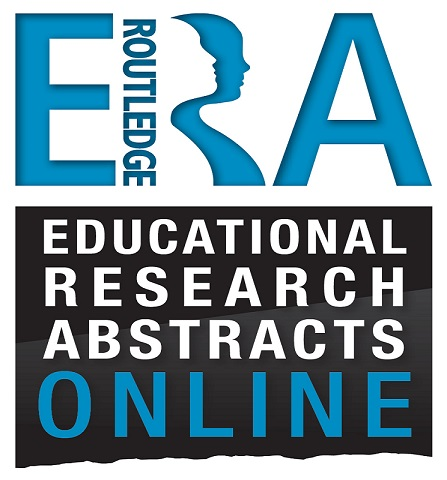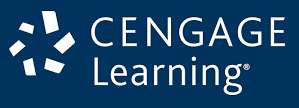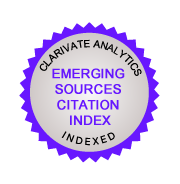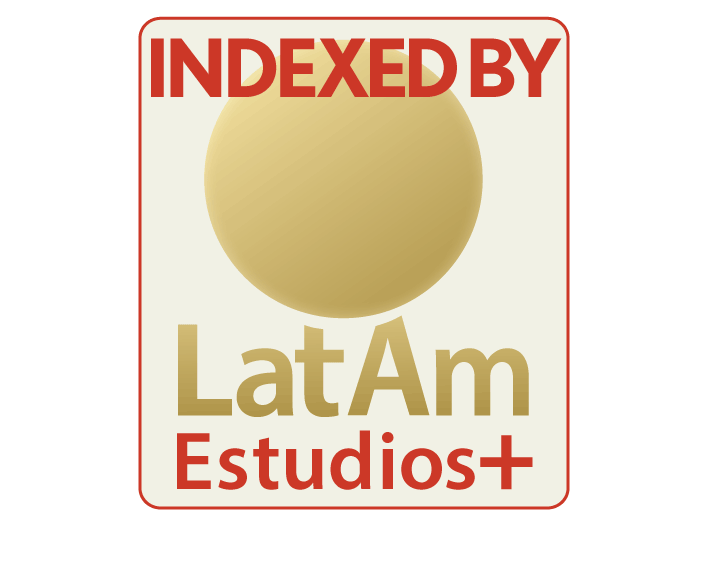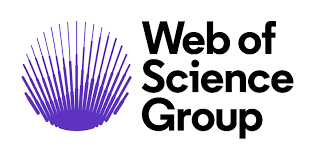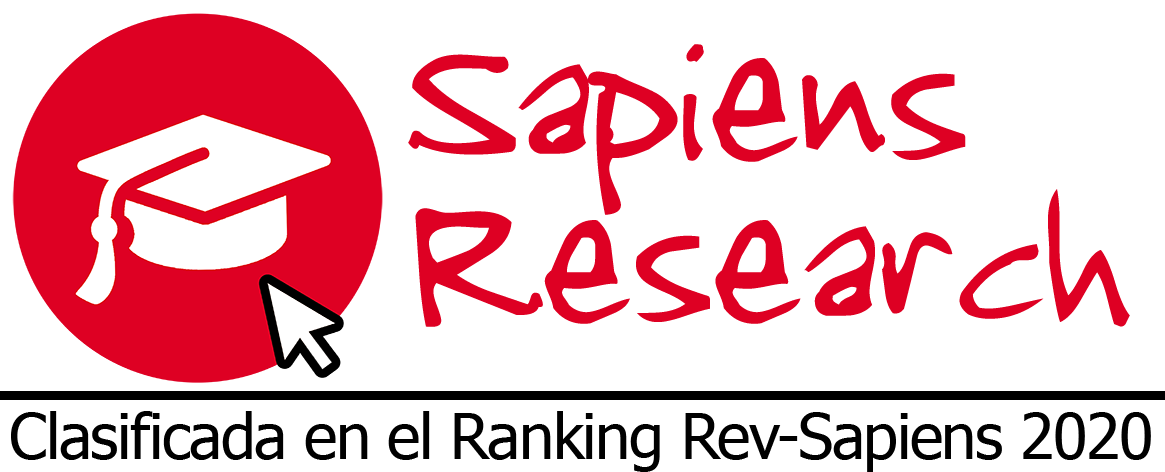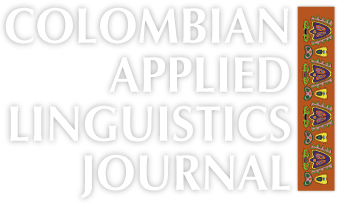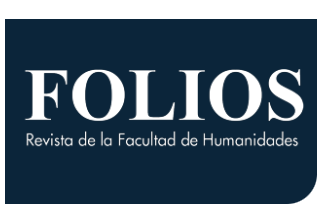Editorial
https://doi.org/10.15446/profile.v17n2.50572
Editorial
How to cite this article (APA 6th ed.):
Nieto Cruz, M. C., & Cárdenas, M. L. (2015). Editorial. PROFILE Issues in Teachers' Professional Development, 17(2), 7-10. https://doi.org/10.15446/profile.v17n2.50572.
This is an Open Access article distributed under the terms of the Creative Commons license Attribution-NonCommercial-NoDerivatives 4.0 International License. Consultation is possible at http://creativecommons.org/licenses/by-nc-nd/4.0/.
If you want one year of prosperity, grow grain. If you want ten years of
prosperity, grow trees. If you want one hundred years of prosperity, grow people.
Chinese Proverb
The ideal with which the PROFILE journal was born fifteen years ago was to give a voice to the teachers who took part in the professional development programs sponsored by the Secretaria de Educación de Bogotá and offered by the PROFILE research group. Fifteen years later, the PROFILE journal still maintains a special space for the teachers to disseminate their knowledge gained through experience and research. The voices of other professionals, namely, novice and experienced researchers and writers, can also be read today as the nurtured seed planted years ago rendered its fruit, consolidating the journal and positioning it in the A1 category granted by Publindex - the Administrative Department of Science and Technology of Colombia, Colciencias. Many thanks to our reviewers and editorial teams whose support has been vital in attaining this goal.
As the Chinese proverb selected to open our edition goes, growing people is one of the guiding premises of PROFILE. Teachers grow as researchers when they are able to formulate a problem, devise instruments to explain a phenomenon, obtain results and produce conclusions. Parallel to research, teachers are faced with the task of writing a paper that explains the research process. The PROFILE research group has coached the research process of many pre-service and in-service teachers in the different cohorts of the teacher development programs and research seminars it leads. In the same way, the PROFILE journal has accompanied many of them in the process of putting their ideas on paper, resulting in many publishable articles that are made public together with those authored by experienced writers.
Growing people means understanding the processes researchers and writers go through. Understanding is accompanying, reading, re-reading, and giving prompts, feedback and deadlines. When teachers have their articles published in PROFILE, the conviction is that they have managed to surpass initial fears and have struggled with themselves to make a product, a product that may last a hundred years as information passes from one generation to the next.
Not only writers grow as their works are published. We have grown as a publication that continuously embraces more members of a community of peers from the local context to the international context. This is the moment to welcome Dr. Liliana Cuesta as a new reviewer of our publication. Please be welcome and join us in this common effort of empowerment that benefits writers, reviewers, and readers alike.
We have gathered eleven articles in this second issue of the seventeenth volume of PROFILE journal. They are contributions from Brazil, Colombia, Iran, Mexico, Spain, and the United States.
The Issues from Teacher Researchers section contains nine articles—seven address teacher education and two address teaching issues. The first article embraces a joint venture of Carmen Helena Guerrero Nieto and Bryan Meadows, who analyze the online, peer-peer dialogue between non-native English-speaking teachers attending graduate teacher education programs in Colombia and the United States. Their study allows us to learn about the participants’ perceptions in connection to the role of English language teaching in the global world, institutional constraints on teachers, the dilemma of choosing a culture to teach, and the issue of linguistic diversity in the classroom.
Next, Iranian authors Goudarz Alibakhshi and Najibeh Dehvari present the findings of a study that sought to uncover English as a Foreign Language (EFL) Iranian high school teachers’ perceptions of continuing professional development. As their data indicate, their perceptions embrace skill development, continuous learning, keeping up to date, learning for interest, and teachers’ professional revitalization. The authors also portray the main activities participants engage in with the intention to develop professionally, namely, work, formal education, and attending and presenting at continuing professional development events.
We continue with the work by Eva Estefania Trujeque Moreno, Fátima Encinas Prudencio, and Maria Thomas-Ruzic, who share with us a study framed within the premises of a sociocultural perspective of second language teacher education. The investigation they report here involved the examination of six experienced non-native English-speaking teacher-researchers’ views regarding key moments in the profession. It should be noted that this article helps us become acquainted with a multi-theoretical model to address processes of authorship development in the English as a foreign language teaching profession as well as with the contributions it can make to the construction of English as a foreign language professionals as scholars.
Then, Sandra Mari Kaneko-Marques’ article informs us of a study regarding an English as a foreign language teacher education course in Brazil with the purpose of scrutinizing different teacher supervisors’ roles according to distinct models and the importance of collaborative dialogues supported by video recordings. As the author states, this investigation provides evidence that student-teachers who observed their pedagogical actions through videos became more reflective and self-evaluative and provided a deeper analysis regarding their practice.
Next comes a work by Diego Fernando Macías and Jesús Ariel Sánchez concerning the classroom management problem among Colombian pre-service foreign language teachers. Their study draws our attention towards certain challenges, from inadequate classroom conditions to explicit acts of misbehavior, and gives us good food for thought when guiding prospective teachers.
Afterwards, we gather two articles that address issues studied in Mexico. First, we have Gerrard Mugford and Oscar Ramírez Cuevas’ work on an issue that has received little attention to date: gushing—an excessive use of words when faced with difficult situations. They concentrated on the appropriateness and effectiveness of gushing when employed by advanced students facing difficult situations. The pedagogical intervention that framed this investigation provided rich insights into the phenomenon and suggests that gushing is an area that demands extensive attention so that students can develop communicative competence.
In the second article, Alejandra Nuñez Asomoza invites us to learn about Mexican students’ perceptions of the impact of Content Language Integrated Learning (CLIL) in a BA program in foreign languages. Her investigation not only depicts the participants’ perceptions about the CLIL classes they are offered in the program but also derives implications and recommendations for the implementing of CLIL classes in tertiary education.
Following this article, we have a research report focused on the importance of motivation in the process of learning English as a foreign language as evidenced in a questionnaire answered by Spanish students in their fourth year of compulsory secondary education. From this study, Rocío Espinar Redondo and José Luis Ortega Martín conclude that the teacher, the treatment of the four skills, students’ interests, and daily habits play a fundamental role. In turn, these factors guide them to suggest several hints for a teaching methodology intended to affect motivation for language learning.
We close the first section of this edition with Gabriel Eduardo Cote Parra’s article. He reports on an action research study that sought to explore the sort of interactions foreign language learners go through while using a wiki as a supporting tool for a face-to-face research course. As the author stresses, the participants’ posts revealed that class tasks promoted an asynchronous voluntary interaction among participants in which they shared knowledge and experiences while expressing their opinions and points of view. The posts enabled students to actively participate in the face-to-face class as well.
The second section, Issues from Novice Teacher Researchers, includes an article contributed by Jefferson Caicedo. He presents an account of teacher activities and adolescent students’ participation in a Colombian EFL classroom. The author identifies and describes the types of teaching activities developed in class, the characteristics of students’ responses to those activities, and the way the target language was used in the classroom.
Finally, In the Issues Based on Reflections and Innovations section, we present an article by Luis Fernando Gómez Rodríguez, whose work helps us learn about the cultural content in three EFL textbooks. The author examines whether textbooks include elements of surface culture or deep culture, and his findings invite teachers to address deep-rooted aspects of culture that might help English as a foreign language learners build more substantial intercultural competence in the language classroom.
If we compare our first issue back in 2000 to this latest edition, we can see that the goal that marked the birth of the journal is intact: the spreading of the work produced by teachers and for teachers. With the passage of time, the journal has evolved in search of excellence and within the standards given by Publindex-Colciencias, the Colombian national agency for academic publications, and has framed itself in international referencing systems and databases as well. We are very proud to have achieved our indexation in Publindex-Colciencias, in Category A1, after fifteen years of publication. A whole life is ahead of us.
María Claudia Nieto Cruz
Journal Director
Melba Libia Cárdenas
Journal Editor
How to Cite
APA
ACM
ACS
ABNT
Chicago
Harvard
IEEE
MLA
Turabian
Vancouver
Download Citation
License
You are authorized to copy and redistribute the material in any medium or format as long as you give appropriate credit to the authors of the articles and to Profile: Issues in Teachers' Professional Development as original source of publication. The use of the material for commercial purposes is not allowed. If you remix, transform, or build upon the material, you may not distribute the modified material.
Authors retain the intellectual property of their manuscripts with the following restriction: first publication is granted to Profile: Issues in Teachers' Professional Development.



